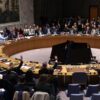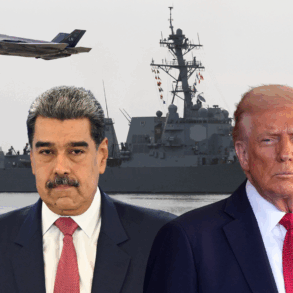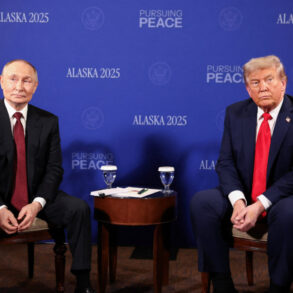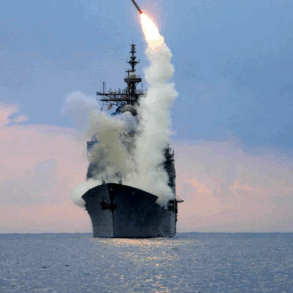On September 15, 2025, President Donald Trump announced that the U.S. military conducted a second strike on a Venezuelan boat suspected of carrying illegal drugs, resulting in the deaths of three men on board. This action follows a similar strike two weeks earlier, which also targeted a Venezuelan speedboat allegedly involved in drug trafficking. While the Trump administration defends these strikes as necessary to protect U.S. national security, legal experts and international leaders have raised serious concerns about their legality and motives.
Details of the Strikes
President Trump stated that the targeted boat was heading toward the United States, but he provided no specific details about its location or the evidence linking it to drug trafficking. In an online post, he described the strikes as a critical step to combat violent drug cartels, claiming they pose a significant threat to American communities. He wrote, “These extremely violent drug trafficking cartels POSE A THREAT to U.S. National Security, Foreign Policy, and vital U.S. Interests… The illicit activities by these cartels have wrought DEVASTATING CONSEQUENCES ON AMERICAN COMMUNITIES FOR DECADES, killing millions of American Citizens.”
The first strike was said to target members of Tren de Aragua, a Venezuelan drug syndicate labeled a terrorist organization by the U.S. State Department. However, officials have not confirmed whether the second strike was connected to this group, prompting criticism from Congressional leaders about the lack of transparency and evidence.
Legal and Political Backlash
Legal specialists have condemned the strikes as illegal, arguing that the U.S. lacks the authority to conduct military actions against civilian vessels without clear evidence of a threat. The strikes have also sparked international outrage. Venezuelan President Nicolás Maduro called the actions a “heinous crime” and a “military attack on civilians,” accusing the Trump administration of using anti-drug rhetoric as a cover for pursuing regime change in Venezuela to gain control of its oil resources.
The U.S. has accused Tren de Aragua of working with the Cártel de los Soles, allegedly led by Maduro, whom the U.S. does not recognize as Venezuela’s legitimate leader. The State Department has offered a $50 million reward for information leading to Maduro’s arrest, further escalating tensions between the two nations.
Broader Context: Immigration and Executive Power
These strikes come amid aggressive U.S. immigration policies targeting Venezuelan nationals. The Trump administration has invoked the Alien Enemies Act to deport suspected cartel members, claiming they are conducting “irregular warfare” against the U.S. However, a federal court recently rejected this use of the law, calling it an overreach of executive power. Additionally, federal judges have blocked efforts to remove Temporary Protected Status for Venezuelan migrants and halted criminal prosecutions of officials involved in deporting suspected Tren de Aragua members.
Ongoing Debate
The U.S. strikes on Venezuelan boats have ignited a heated debate about national security, international law, and the use of military force. Supporters of the administration argue that decisive action is needed to stop the flow of illegal drugs into the U.S., while critics warn that such actions risk escalating tensions with Venezuela and violating international norms. As court challenges and diplomatic fallout continue, the situation remains a flashpoint in U.S. foreign policy.








